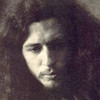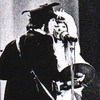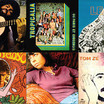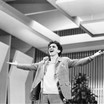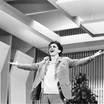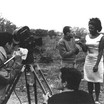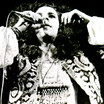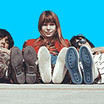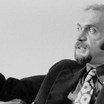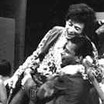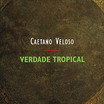Ruídos pulsativos
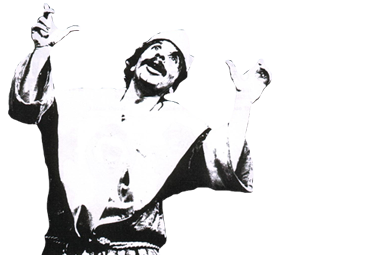
Geléia Geral
The Oficina group was an acting collective whose objective was to explore the creative limits to the Brazilian theater of their time. It arose in São Paulo, at the beginning of the 60s, under the controversial director José Celso Martinez Corrêa. The Oficina Theater would carve a new direction for Brazilian theatrical art, until then represented by the “Big Theater” of the TBC (Teatro Brasileiro de Comédias – Brazilian Theater of Comedy, a traditional company oriented toward the production of international quality plays for cultural consumption by the São Paulo middle classes), and by the work of the recently-created Arena Theater group (which, with Augusto Boal, Oduvaldo Vianna Filho and Gianfrancesco Guarnieri, staged politically engaged productions).
The Oficina and Zé Celso prioritized, in a radical and permanent way, innovation, experimentalism and the investigation of and search for new languages for the theater, resulting in such controversial productions as Na selva das cidades (In the jungle of the cities), Galileu Galilei, Os pequenos burgueses (The petit bourgeois) and Roda viva – a play by Chico Buarque de Holanda, the production of which was invaded and the actors beaten by far-right extremists linked to the CCC, the Comando de Caça aos Comunistas (Communist Hunt Command).
“nosso ritual diário de comunhão com o público
ainda vai ser percebido como ouro, uma coisa rara,
e um luxo, pois o nosso teatro
é apontado para o futuro,
com ambição utópica de que arte
como o futebol, seja o esporte das multidões.”
José Celso Martinez Corrêa
The relationship of the Oficina group to Tropicalism came about with the staging, in 1967, of the play O Rei da Vela (The Candle King), by the modernist Oswald de Andrade, the production of which became a landmark of Brazilian theater. Oswald’s radical screenplay about the harshness and lies of Brazilian capitalism and the play’s experimentalism, mixing circus, slapstick, satire, sex and pornography, produced fascination and repulsion in equal measure in audiences, and inaugurated the so-called “teatro de agressão” (“aggressive theater”) – the way chosen by Zé Celso to shatter “with a cudgel” the state of anesthesia to which the middle class public was confined. Caetano Veloso, who had just written the song “Tropicália”, saw the play and, as would happen after he saw the movie Terra em transe (Enchanted earth), by Glauber Rocha, immediately identified with what he saw, feeling a revelation that something new was arising on the artistic-cultural scene in Brazil. The short but explosive era of Tropicalism had begun.






